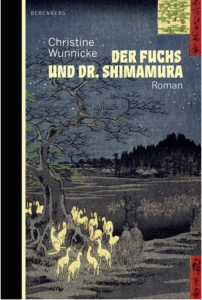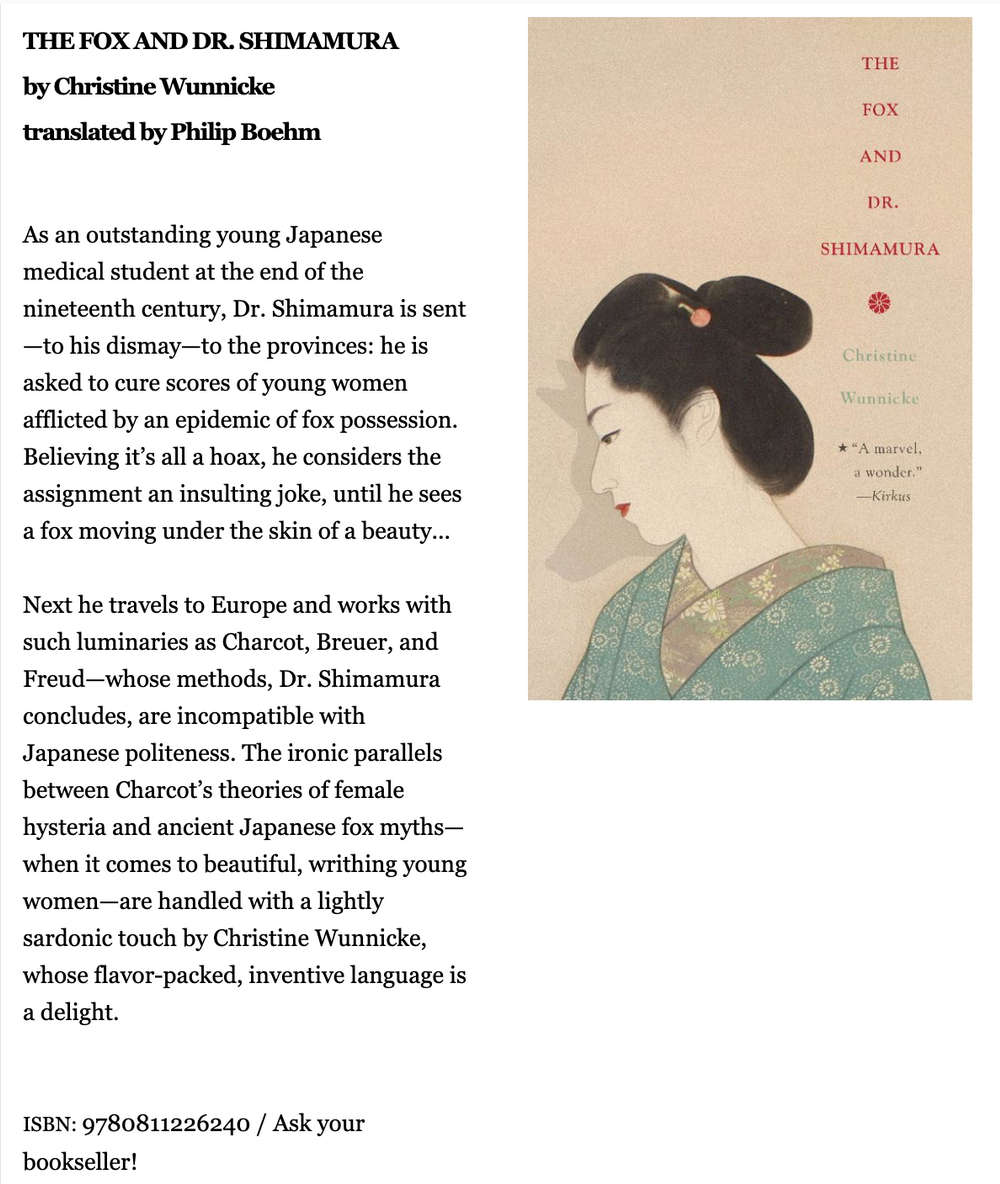Department of German Studies
Dr. Iris Bork-Goldfield
Adj. Professor of German Studies, Chair
May 18, 2020
Dear Binxin, Scott, Hannah, Thomas, Mathias, Lily, and Charlie,
Before you officially graduate on May 24, 2020, Uli Plass, Martin Bäumel, and I would like to congratulate you on your many wonderful achievements. I count myself as lucky to have had you in one or more classes during your time here at Wesleyan on your way to becoming more proficient in German. The last few weeks were challenging for all of us, but we managed—on some days better than on others. But you did it, you finished all your requirements! Although the future is somewhat uncertain, we have no doubt that you all will move on to many other exciting opportunities. We wish all of you the very best and hope you will stay in touch with us here at Wesleyan.
I would like to put some information about you, your accomplishments, and future plans on our German Studies blog. If you have not done so already, could you please send me a paragraph or two about your future plans, anything that you would like to share, AND a picture of yourself? Here is a link to a previous blog entry: https://german.site.wesleyan.edu/2018/06/17/german-studies-majors-and-minors-summer-2018/.
Vielen Dank im Voraus, alles Gute und nochmals herzlichen Glückwunsch.
Binxin, thank you for having been such a wonderful German Haus manager and dedicated student. I will miss our lively discussions in my office. Congratulations on receiving the well-deserved Blankenagel prize! I am looking forward to reading your senior thesis, “Im Geheimnis der Begegnung – Poetics, Ossification, and Reading in Rilke and Celan,” which discusses, to quote Uli Plass, “the poetry of Rilke and Celan in light of their own poetics, that is, in light of how these poets conceive of their poetry in relation to the poetic tradition and conventions they inherit.” Congratulations on being admitted to Columbia University’s Postbaccalaureate Premedical Program this fall.
Scott, thank you for your enthusiasm and good humor. I especially enjoyed our tutorial on the Bauhaus last fall when we were still allowed to meet face-to-face and traveled to New York and Bethel together with our class to explore Bauhaus art. You received two Reihlen grants to help with your research in Germany for your senior thesis, “Utopian Longing: Space and the Production of Affect in the Work of Toni Schwabe.” Toni Schwabe, as Martin Bäumel wrote, was “a fascinating writer between neoromantic kitsch and explorations of gender norms” who “would probably be forgotten were it not for Thomas Mann’s review of one of her novels.” Congratulations on your thesis which—together with Binxin’s is one of the items on my summer reading list. I hope you will be able to move to Germany soon to start your DAAD fellowship at Konstanz University.
Hannah, thank you for all your insightful and thoughtful discussions throughout the years and for introducing us to the graphic novel Kinderland in our GDR seminar. You received a Reihlen grant that enabled you to return to Hamburg last year and interview my parents and Jutta Gutzeit (director of the Smith in Hamburg program) among others as background for writing the screenplay “On Belongings,” about a German family moving to Arizona in the 1970’s. I truly enjoyed reading the Drehbuch and working with you on the translations for parts of it. Now, I only hope that one day we will see the story of the Frühlings and the Kaplans on-screen.
Thomas, thank you for your perseverance and thoughtful contributions in class. I still remember you, as freshman, entering the beginning German classroom with your skateboard under your arm. I enjoyed the times we met during your study abroad in Hamburg and the various discussions in German in my GDR seminar this spring. You mentioned that you might be doing something with Web design this summer, and I hope you will find what you are looking for.
Mathias, thank you for your many superb contributions in our GDR seminar this spring and your final paper on poetry and its role in the former GDR. This fall, you will continue your studies at Columbia University in pursuit of a Master’s degree in European history, politics, and society regarding the development of Europe. I hope the German you learned at Wesleyan will come in handy.
Lily, thank you for sharing the experience you gained while interning at Die Schlumper in Hamburg last year. Die Schlumper, and I quote you, “is a unique organization in that it provides a space for handicapped adults to work every weekday on independent artistic projects which are then displayed in various gallery exhibits and sold to customers.” I was happy to learn that the internship not only helped you with your German and making new friends, but also with furthering your career in Psychology. Congratulations on being admitted to a two-year Post-Baccalaureate Clinical Fellowship Program at the Simches Center of Excellence in Child and Adolescent Psychiatry at McLean Hospital.
Charlie, thank you for coming to my office in the fall to declare a GRST minor. I have pleasant recollections of the boat ride from Hamburg harbor to Blankenese, when you interviewed me for a course you were taking at Hamburg University last summer.
Viele Grüße und vor allem—bleiben Sie alle gesund! Das ist jetzt das Wichtigste.
Iris Bork-Goldfield
 Wunnicke’s novel The Fox and Dr. Shimamura (New Directions, 2019).
Wunnicke’s novel The Fox and Dr. Shimamura (New Directions, 2019). 


